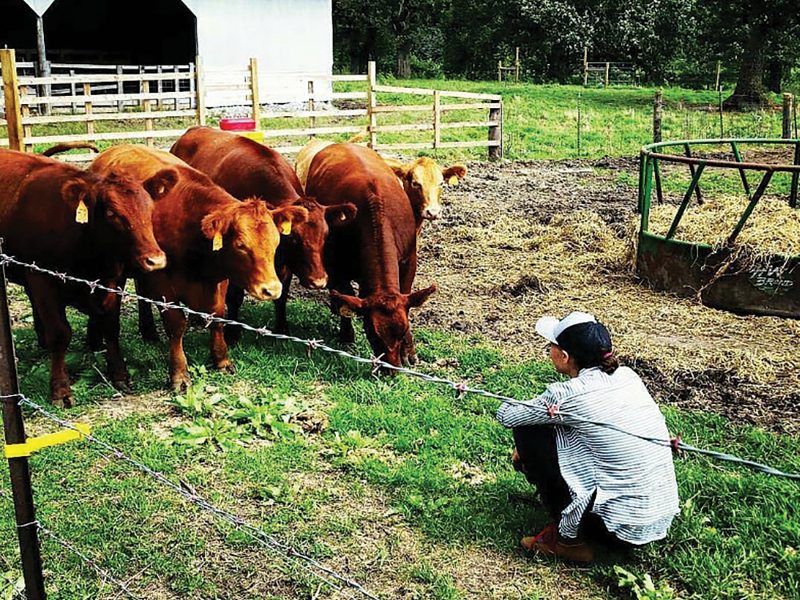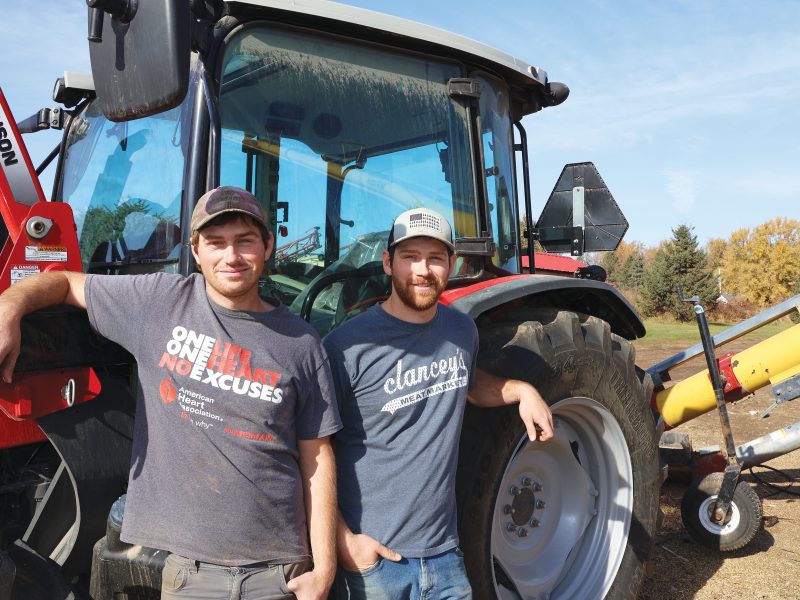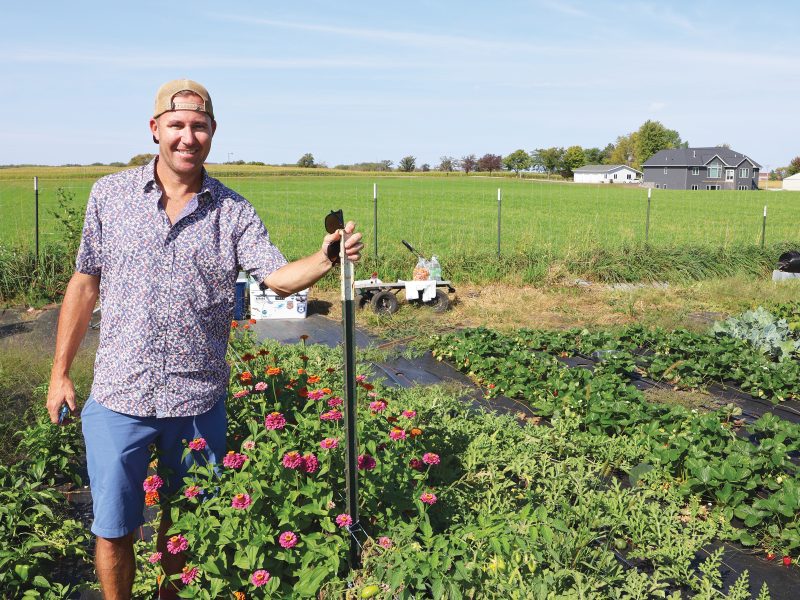2025-2026 Farm Beginnings Class
Applications are now closed for the 2025-2026 Farm Beginnings class.
You may contact LSP to be included on the email list for the next cohort by emailing Annelie Livingston-Anderson at Annelie@landstewardshipproject.org .
The class will run from December 2025 through March 2026. The 2025-2026 class will be hybrid with the majority of the class taking place virtually via Zoom and some in-person sessions in the Twin Cities, Minn., area. The cost of the class is $1,000, which covers up to two participants per farm. Partial scholarships are available and you can indicate your interest when you apply.
FB Class Schedule 2025-2026
Fresh Voices Podcast Series
Interested in hearing directly from the next generation of innovative farmers? Check out the Land Stewardship Project’s Ear to the Ground “Fresh Voices” podcast series.
Meet Some of Our Grads
To read more about what Farm Beginnings grads are up to and how their class experience is helping them grapple with the challenges of farming, see our profile series.


